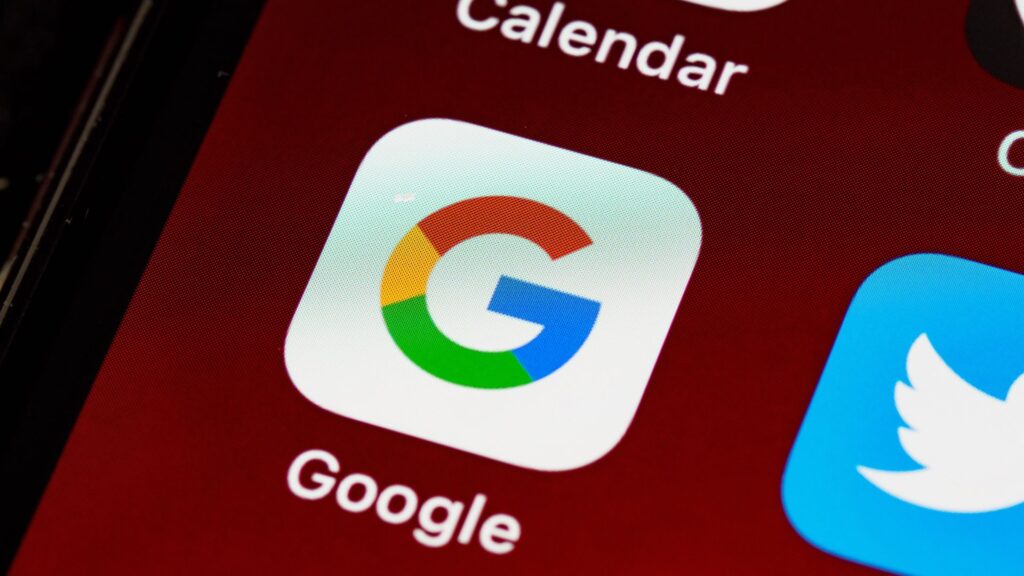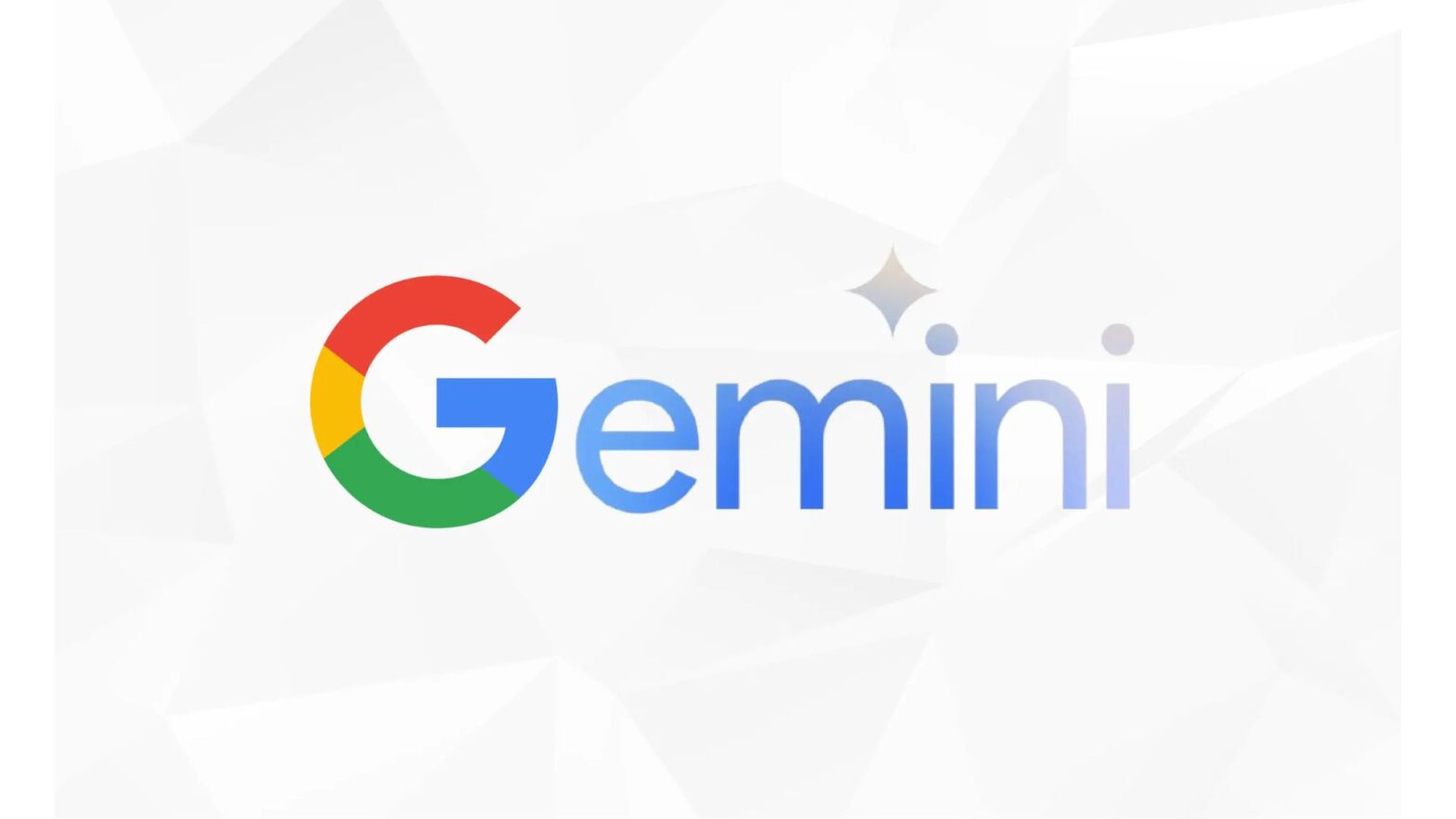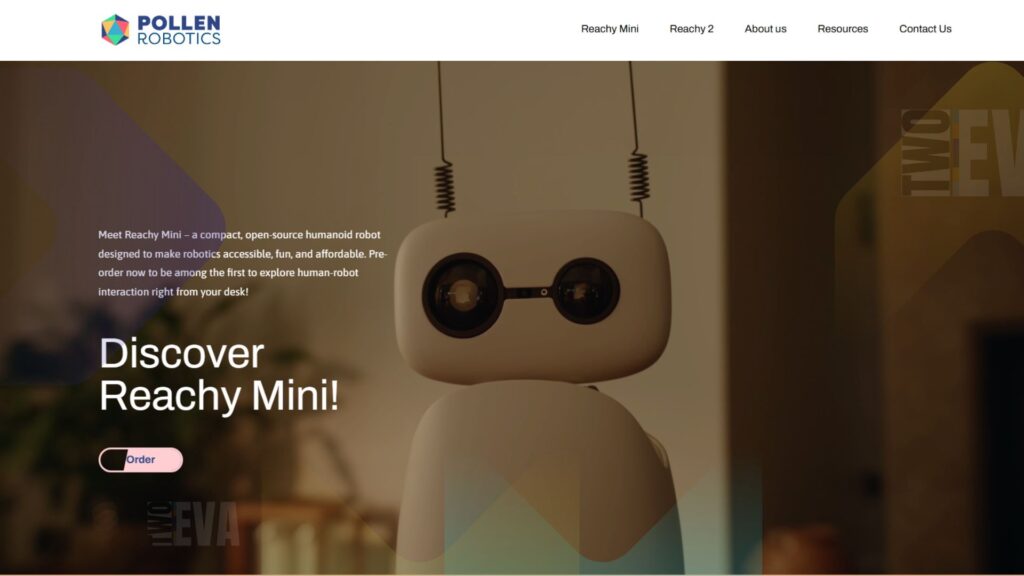In a move that’s raising eyebrows across the tech community, Google has officially removed its AI assistant Gemini from the main Google app on iOS devices. As of February 18, 2025, users attempting to access Gemini through the familiar Google interface are now being redirected to download a standalone Gemini app from the App Store. This significant shift in strategy, announced via email to Gemini users, marks a clear departure from Google‘s previous approach of integrating artificial intelligence capabilities within its core application.
While Google touts this change as an opportunity to provide a more focused and feature-rich experience for Gemini users, skeptics are questioning the wisdom of potentially reducing the AI assistant’s accessibility. The tech giant’s decision to segregate Gemini into its own app ecosystem mirrors strategies employed by competitors like OpenAI’s ChatGPT and Anthropic’s Claude, but it also introduces new barriers to casual users who may have benefited from Gemini’s seamless integration within the Google app.
The standalone Gemini app for iOS promises an array of AI-powered features, including Gemini Live for voice conversations, integration with other Google services, and tools for in-depth exploration and question-answering. However, the question remains: will these offerings be enticing enough to motivate users to download yet another app in an already crowded digital landscape?

The Evolution of Gemini on iOS
To understand the full implications of this move, it’s crucial to consider Gemini’s journey on iOS devices. Initially introduced within the main Google app, Gemini allowed users to easily switch between Google Search and AI assistance. In November 2024, Google launched a dedicated Gemini app for iOS, but maintained the AI’s presence within the Google app. Over recent months, newer Gemini features were exclusively rolled out to the standalone app, foreshadowing the current decision to remove Gemini entirely from the Google app.
This gradual shift suggests a calculated strategy by Google to cultivate a separate identity for Gemini, potentially positioning it as a direct competitor to other AI chatbots. However, this approach comes with inherent risks, particularly in terms of user adoption and retention.
Potential Benefits and Pitfalls
Google’s decision to separate Gemini into a standalone app presents a double-edged sword. On one hand, it allows for a more tailored and immersive AI assistant experience, potentially accelerating feature development and updates. The dedicated app environment could strengthen Gemini’s brand identity and competitive stance in the AI assistant market.
On the other hand, this strategy introduces significant risks. The primary concern is the potential reduction in Gemini’s reach and usage. The Google app, ubiquitous on millions of iPhones, provided Gemini with instant accessibility. By requiring users to download a separate app, Google introduces friction that could lead to a drop-off in casual usage. There’s also the challenge of app fatigue in an already saturated market, where users might be reluctant to add another app to their devices.
Comparing Strategies in the AI Assistant Market
Google’s approach diverges from some competitors in the AI assistant space. While Microsoft has integrated its AI capabilities into existing apps like Bing and Edge, leveraging its established user base, Apple is rumored to be working on integrating advanced AI features directly into iOS. Google’s platform-specific strategy—maintaining Gemini within the main Google app on Android while separating it on iOS—demonstrates a nuanced approach to competing in different ecosystems.
However, this decision raises questions about Google’s long-term vision for Gemini and its AI services across platforms. Will this separation lead to a more fragmented user experience, or will it allow Gemini to flourish as a distinct AI powerhouse?
User Impact and Transition
For existing Gemini users on iOS, this change necessitates adapting to the new standalone app to continue accessing Gemini’s features. While Google assures that users will maintain their preferences and history by logging into the new app with their Google Account, the transition may not be seamless for all.
Google is actively encouraging users to make the switch through email notifications and in-app messages, highlighting the enhanced capabilities and exclusive features available in the standalone Gemini application. However, the success of this transition largely depends on whether users find enough value in the dedicated Gemini app to warrant the download and continued engagement.
As the AI assistant landscape continues to evolve, Google’s bold move to separate Gemini from its main iOS app represents a significant gamble. While it aligns with broader industry trends towards specialized AI experiences, the potential loss of casual users and the challenge of standing out in a crowded app market cannot be overlooked. As users and industry observers alike watch this transition unfold, the true measure of success will be whether Gemini can maintain—or even grow—its user base in this new, standalone format. Only time will tell if Google’s strategy will pay off or if it will need to reassess its approach to AI integration on iOS devices.

















